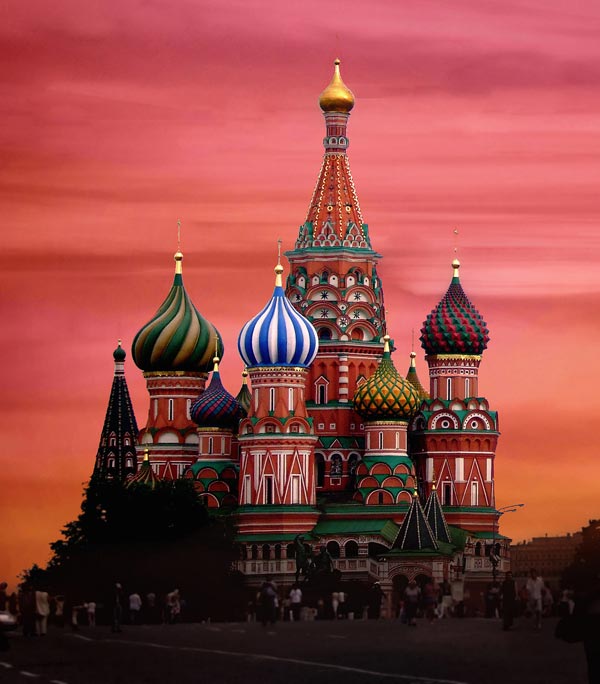 I've just completed my fourth lecture series from The Teaching Company's "Great Courses" series. Having already listened to "The Life and Works of C. S. Lewis", "Classics of British Literature", and "The English Novel", I decided to go in a slightly different direction with a literary tradition that I am only vaguely familiar with.
I've just completed my fourth lecture series from The Teaching Company's "Great Courses" series. Having already listened to "The Life and Works of C. S. Lewis", "Classics of British Literature", and "The English Novel", I decided to go in a slightly different direction with a literary tradition that I am only vaguely familiar with.
Our guide for this journey through Russian literature is Dr. Irwin Weil, Professor Emeritus in the Department of Slavic Languages and Literature at Northwestern University. Of the four different professors that I have listened to so far, he struck me as having not only the best delivery style but also one of the deepest passions for his topic. His love of Russian tradition, history, and language is evident from the very beginning.
Throughout the 36 lectures in the series, Dr. Weil focuses on 3 different periods in Russian literature: the early literary traditions during the Kiev period, the Golden Age of Russian literature, and the literature of the communist period in the 20th century. Not only did I learn more about the authors I was already familiar with (Dostoevsky, Tolstoy, and Chekhov), but also discovered new authors that I am dying to sink my teeth into like Pushkin and Pasternak. One thing I loved about the series was how Dr. Weil highlighted the differences between the literary periods, but also the many similar themes that permeate the tradition as a whole. Themes like the equality found within humanity, the heavy spiritual quality found even in the works created at the height of the Communist era, and the relation of the vastness of the Russian empire to the sweeping and broad feelings found in it's great novels.
But what I loved more than anything was hearing these great works in their original language. I had never thought of Russian as a beautiful language, but hearing Pushkin's "I Remember a Wonderful Moment" rolling off the speaker's tongue in it's original rhythm and sound is a moment that I will never forget. Do yourself a favor and listen to it here.
If I had any complaint, it was that the lectures stopped with Solzhenitsyn and didn't introduce any of Russia's contemporary literature. This did give the feeling that Russian literature is a thing of the past, which of course it cannot be.
All of these lecture courses have been worth it both in time and money. If you would like to learn more about not only the great works and author's of the Russian tradition, but also about the heart, soul, and history of that ancient land, I can't recommend this course more highly. Dr. Weil does a wonderful job in introducing us Westerners to a literary tradition that is both familiar and unknown. Don't be surprised if you begin to see more and more of it popping up here at Complete and Unabridged.
















1 comment:
I've always wondered about these courses. Thanks for your review.
Post a Comment